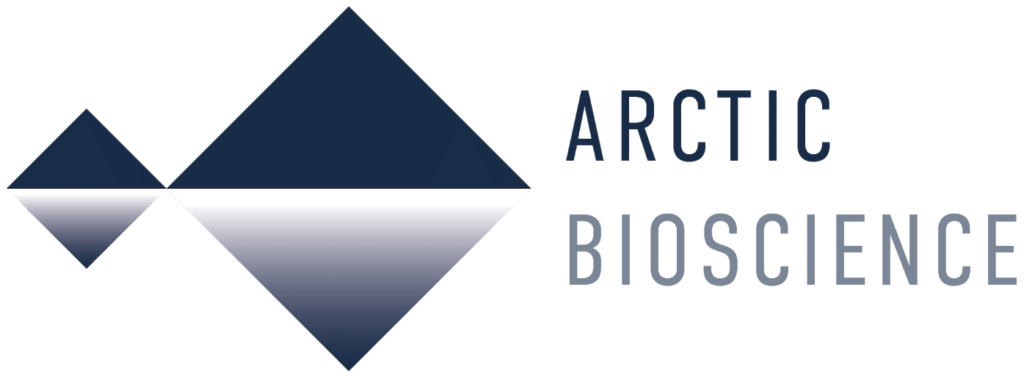The human body can make all the fatty acids it needs with the exception of omega-3 and omega-6 fatty acids. Omega-3 and omega-6 fatty acids are therefore referred to as essential fatty acids and we are dependent on getting these from the food we eat or from dietary supplements. These fatty acids are important for growth and maintenance, and they have several important tasks in our body, primarily in the heart, brain and vision.
Omega-3 fatty acids are particularly important for our brain, since they are part of cell membranes in the central nervous system and have a number of tasks that strengthen our brain functions and contribute to good brain health throughout all phases of life.
Important sources of omega-3
The most important source of omega-3 fatty acids is fish and other seafood. Fish fat differs from most other types of fat in that it contains a particularly large amount of the long-chain omega-3 fatty acids DHA and EPA. While both DHA and EPA are important for heart health, it is DHA that is most important for our brain. In order to contribute to good brain function and strengthen brain health, it is therefore a point to get omega-3 fatty acids with a high content of DHA.
In cod liver oil, which is extracted from fish liver, there is about the same amount of DHA as EPA, while herring roe has an extra high content of DHA. Romega contains three times more DHA than EPA.
Your brain needs DHA in all phases of life
An adequate intake of DHA helps to maintain normal brain function and good brain health throughout life. Fetuses and newborns have a particularly high need for DHA because the brain develops rapidly and needs these long-chain fatty acids to build nerve cells.
It is the amount of DHA in the mother’s blood that determines how much DHA the fetus’s brain receives during pregnancy and breastfeeding. For normal fetal brain development, the mother should get 200 mg of DHA every day. For many pregnant women, this is difficult to achieve through the consumption of fatty fish, and in that case supplements of omega-3 are recommended.
DHA is not only important in fetal life and for newborns and children. An adequate intake of omega-3 fatty acids, and especially DHA, is necessary to maintain normal brain function and to preserve brain health throughout life .
Good sources of omega-3
Fatty fish is the best source of DHA, therefore Norwegian health authorities recommend that you eat fish two to three times a week, and that fatty fish such as salmon, trout, mackerel or herring are on the menu one to two of these days. Unfortunately, most Norwegians eat less DHA than is recommended. Supplementation of omega-3 that is rich in DHA, such as Romega, is then a safe and good way to ensure an adequate intake.
*) A daily intake of 250 mg of DHA and EPA helps to maintain normal heart function, and a daily intake of 250 mg of DHA helps to maintain normal vision and normal brain function. Two capsules of Romega contain 100 mg EPA and 320 mg DHA.






